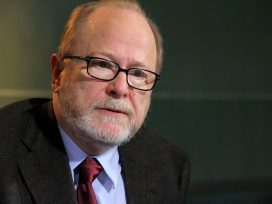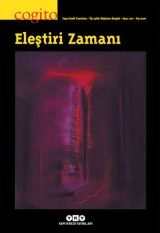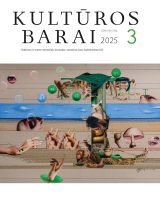Von Nachbarn, Töchtern und Pistolen
Ein Streitgespräch über die Annexion der Krim
Am 16. Mai 2014 fand im Hamburger Institut für Sozialforschung eine Diskussion zur aktuellen Lage in der Ukraine statt, an der neben den Mitarbeiterinnen und Mitarbeitern des Hauses auch Reinhard Merkel, Professor an der Fakultät für Rechtswissenschaft der Hamburger Universität, teilnahm. Vorausgegangen war der Debatte ein Leserbrief, mit dem Jan Philipp Reemtsma auf einen Artikel Merkels in der FAZ reagiert hatte. In der sich daraus entspinnenden Korrespondenz entstand die Idee, das Thema mit den Mitarbeitern des Instituts zu diskutieren. Grundlage der Diskussion war neben Merkels Beitrag und Reemtsmas schriftlich dargelegten Einwänden ein weiterer Artikel von Otto Luchterhandt, dem Direktor der Abteilung für Ostrechtforschung an der Universität Hamburg, der ebenfalls in der FAZ erschienen ist.



